Tesco virtualisation cuts carbon and costs
The supermarket giant updates mission-critical sales systems with new blade-based virtualisation platform for increased efficiency and performance.
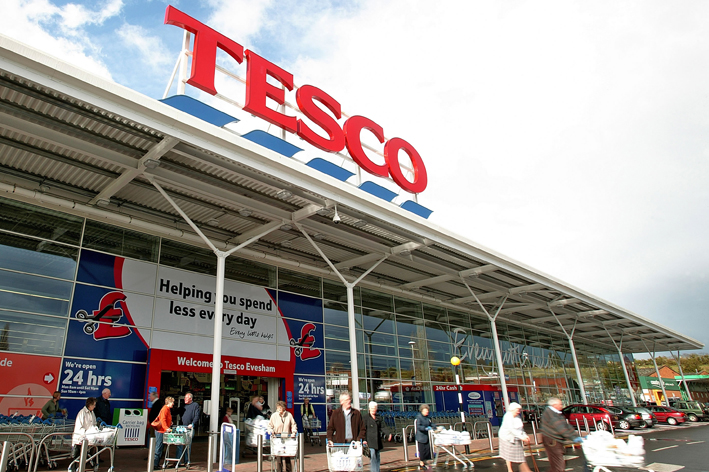

Tesco has applied the latest blade server and virtualisation technology to mission-critical systems running in its data centre to improve performance, cut costs and help fulfil its commitment to reduce its carbon emissions.
The UK supermarket giant late yesterday announced updates to its Real Time Sales (RTS) systems, virtualising key business applications with Citrix XenServer, running on HP ProLiant BL680c G5 blade servers.
The updates and new IT infrastructure have increased the capacity of Tesco's RTS systems by 75 per cent, to handle 1,500 sales-related messages per second. The work also represents a milestone in the retailer's plans to virtualise its entire server infrastructure.
And the project has helped the company hit its target of reducing carbon emissions from its UK data centres by 20 per cent.
Tesco needed to handle its growing capacity demands, and looked at virtualisation as a more cost and carbon efficient option than just buying more physical servers. But, as the same time, it needed to ensure the new infrastructure could also improve performance.
Nick Folkes, UK IT director at Tesco, explained: "After conducting a major evaluation of virtualisation providers, we went with Citrix based on the strength of the Xen technology, the ability XenServer has to provide high levels of performance for heavy duty 64-bit applications, its licensing model and its UK-based engineering team decisions that have already paid off for us."
He said the virtualised RTS environment uses less than half of the energy of the physical bare metal equivalents, which supports Tesco's carbon emission targets and has already saved a significant amount on electricity bills. While Citrix advanced virtualisation management licences are charged per server, instead of per socket, so Tesco is not penalised for using larger blade servers.
Sign up today and you will receive a free copy of our Future Focus 2025 report - the leading guidance on AI, cybersecurity and other IT challenges as per 700+ senior executives
"We're running far more efficiently and the ongoing management of the environment is much simpler," added Folkes. "While our primary goal in working with Citrix and HP was to create a more flexible IT infrastructure, the consolidation benefits are significant."
Tesco is continuing to deploy XenServer for its major server consolidation project, aiming for a conservative 10:1 consolidation ratio for physical to virtual servers and is hitting 70 per cent CPU utilisation on the servers, versus the previous six per cent.
A 25-year veteran enterprise technology expert, Miya Knights applies her deep understanding of technology gained through her journalism career to both her role as a consultant and as director at Retail Technology Magazine, which she helped shape over the past 17 years. Miya was educated at Oxford University, earning a master’s degree in English.
Her role as a journalist has seen her write for many of the leading technology publishers in the UK such as ITPro, TechWeekEurope, CIO UK, Computer Weekly, and also a number of national newspapers including The Times, Independent, and Financial Times.
-
 Trump's AI executive order could leave US in a 'regulatory vacuum'
Trump's AI executive order could leave US in a 'regulatory vacuum'News Citing a "patchwork of 50 different regulatory regimes" and "ideological bias", President Trump wants rules to be set at a federal level
-
 TPUs: Google's home advantage
TPUs: Google's home advantageITPro Podcast How does TPU v7 stack up against Nvidia's latest chips – and can Google scale AI using only its own supply?
-
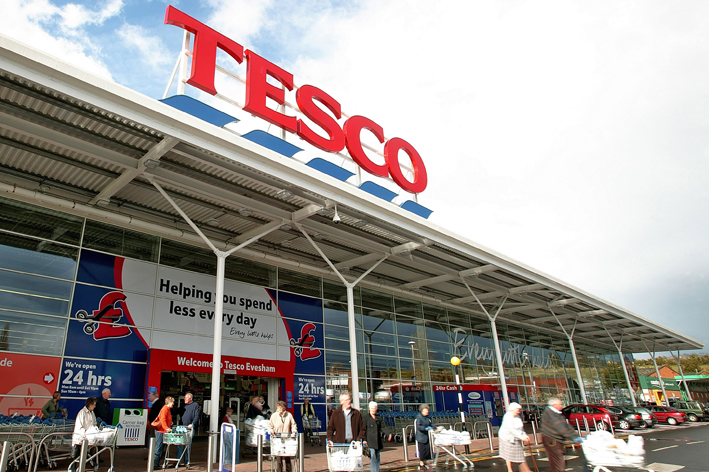 Tesco to offer free BT Wi-Fi in more than 800 UK stores
Tesco to offer free BT Wi-Fi in more than 800 UK storesNews Tesco has partnered with BT to offer fast Wi-Fi for some of its stores in the UK & Republic of Ireland
-
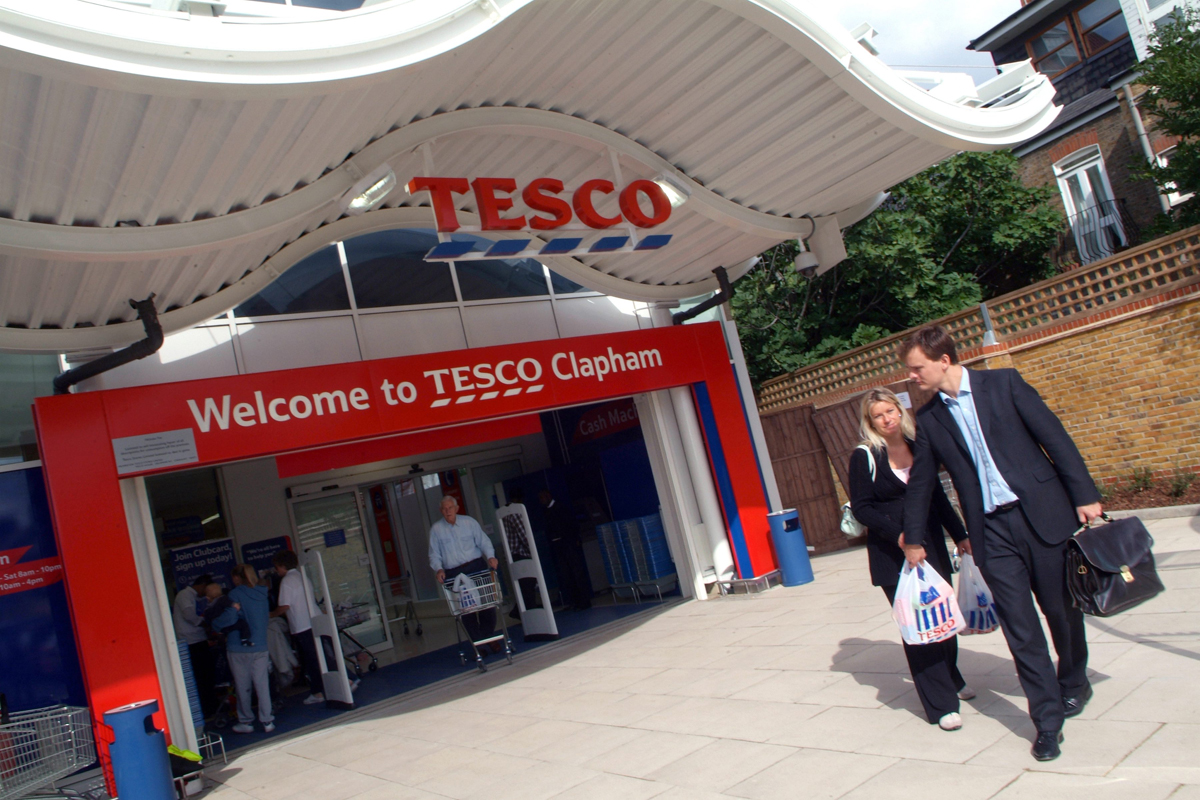 Tesco to follow-up Hudl success with Samsung Galaxy S5 "challenger"
Tesco to follow-up Hudl success with Samsung Galaxy S5 "challenger"News Aggressively priced Tesco smartphone to hit shelves later this year
-
 Dell unveils Citrix-certified 3D workstation
Dell unveils Citrix-certified 3D workstationNews Hardware giant announces launch of new workstation, which allows multiple users to carry out graphics-intensive tasks.
-
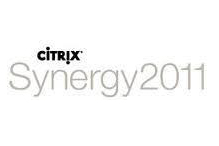 Synergy 2011: Netscaler additions bring cloud front and back doors
Synergy 2011: Netscaler additions bring cloud front and back doorsNews Citrix launches Cloud Gateway and Cloud Bridge products to help IT manage private and public cloud deployments.
-
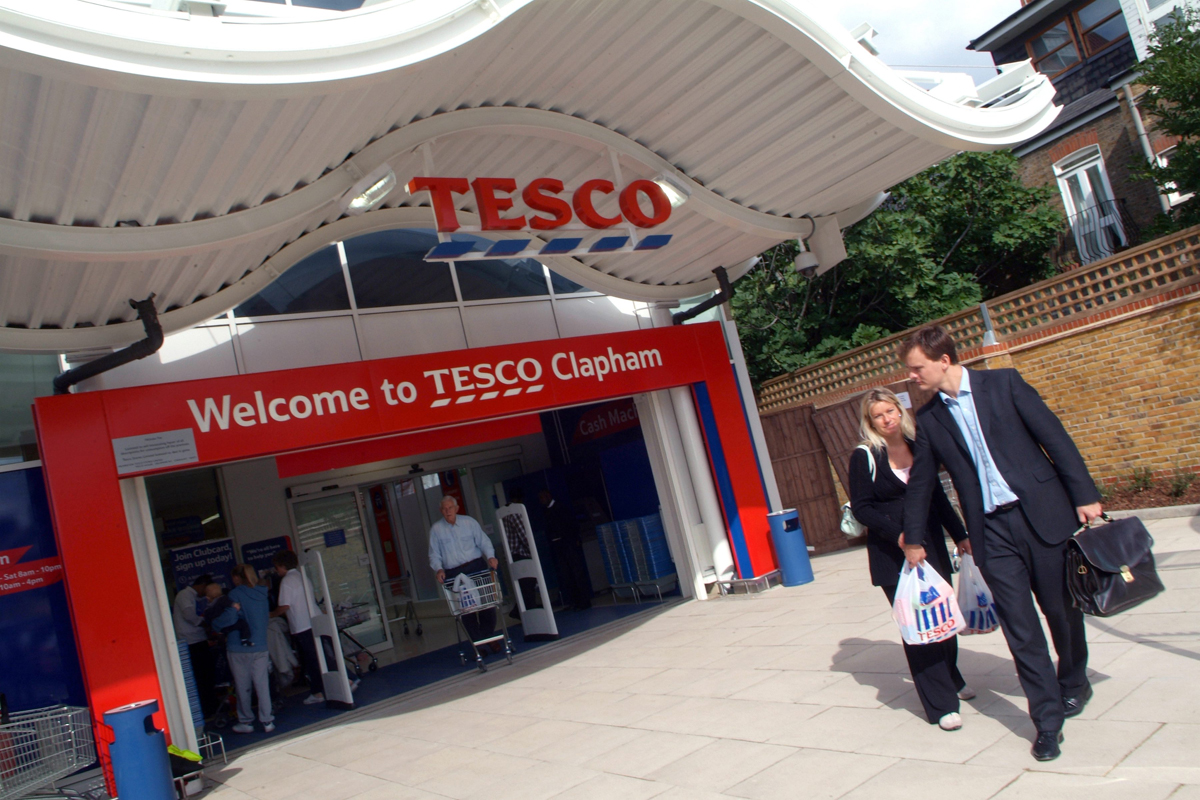 Android topples iPhone as Tesco’s top seller
Android topples iPhone as Tesco’s top sellerNews Handsets based on Google’s mobile operating system are outselling Apple’s flagship device at the UK’s biggest supermarket chain.
-
 iPhone coming to Tesco next week
iPhone coming to Tesco next weekNews Apple's iconic iPhone device will be hitting the shelves of supermarket giant Tesco on 14 December.
-
 Tesco to start selling the iPhone
Tesco to start selling the iPhoneNews Tesco Mobile will offer the iPhone under a deal with operator O2.
-
 Retailers can save £1 billion by ‘synching their data’
Retailers can save £1 billion by ‘synching their data’News Retailers working from one source of product data could save money and help make mobile retail a reality.
